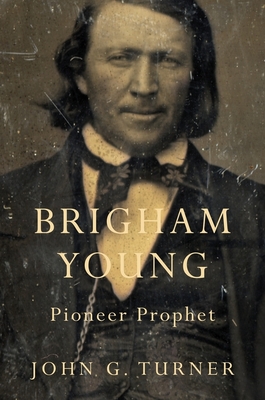Expedite your nonfiction book discovery process with Readara interviews, summaries and recommendations, Broaden your knowledge and gain insights from leading experts and scholars
In-depth, hour-long interviews with notable nonfiction authors, Gain new perspectives and ideas from the writer’s expertise and research, Valuable resource for readers and researchers
Optimize your book discovery process, Four-to eight-page summaries prepared by subject matter experts, Quickly review the book’s central messages and range of content
Books are handpicked covering a wide range of important categories and topics, Selected authors are subject experts, field professionals, or distinguished academics
Our editorial team includes books offering insights, unique views and researched-narratives in categories, Trade shows and book fairs, Book signings and in person author talks,Webinars and online events
Connect with editors and designers,Discover PR & marketing services providers, Source printers and related service providers

Brigham Young: Pioneer Prophet
Biography & Autobiography > Religious
- Belknap Press
- Paperback
- 9780674416857
- 9.03 X 5.72 X 1.07 inches
- 1.42 pounds
- Biography & Autobiography > Religious
- (Single Author) Asian American
- English
Readara.com
Book Description
Brigham Young was a rough-hewn craftsman from New York whose impoverished and obscure life was electrified by the Mormon faith. He trudged around the United States and England to gain converts for Mormonism, spoke in spiritual tongues, married more than fifty women, and eventually transformed a barren desert into his vision of the Kingdom of God. While previous accounts of his life have been distorted by hagiography or polemical expos�, John Turner provides a fully realized portrait of a colossal figure in American religion, politics, and westward expansion.
After the 1844 murder of Mormon founder Joseph Smith, Young gathered those Latter-day Saints who would follow him and led them over the Rocky Mountains. In Utah, he styled himself after the patriarchs, judges, and prophets of ancient Israel. As charismatic as he was autocratic, he was viewed by his followers as an indispensable protector and by his opponents as a theocratic, treasonous heretic.
Under his fiery tutelage, the Church of Jesus Christ of Latter-day Saints defended plural marriage, restricted the place of African Americans within the church, fought the U.S. Army in 1857, and obstructed federal efforts to prosecute perpetrators of the Mountain Meadows Massacre. At the same time, Young's tenacity and faith brought tens of thousands of Mormons to the American West, imbued their everyday lives with sacred purpose, and sustained his church against adversity. Turner reveals the complexity of this spiritual prophet, whose commitment made a deep imprint on his church and the American Mountain West.
Author Bio
I teach and write about the the place of religion in American history. I came to George Mason University in 2012, having earned a Ph.D. in American History from the University of Notre Dame and a Masters of Divinity from Louisville Presbyterian Theological Seminary. Previously, I taught at the University of South Alabama.
My teaching and scholarship center on the history of religion in the United States, especially Mormonism, evangelicalism, and seventeenth-century puritanism. I love spending time in archives, resurrecting the lives of women and men who made cultures that are very different from our own, and I love spending time in the classroom, exploring those lives and cultures with students from all sorts of backgrounds.
George Mason University is an ideal setting for the academic study of religion. Our campus has the diversity to which many institutions aspire, meaning that students bring many different perspectives to the classroom. Regardless of your own background and beliefs, Religious Studies offers a setting in which you can explore beliefs and practices that have shaped human history and continue to shape contemporary cultures.
If you want to know more about me, visit johngturner.com
Source: George Mason University
Videos






Community reviews
No Community reviews

